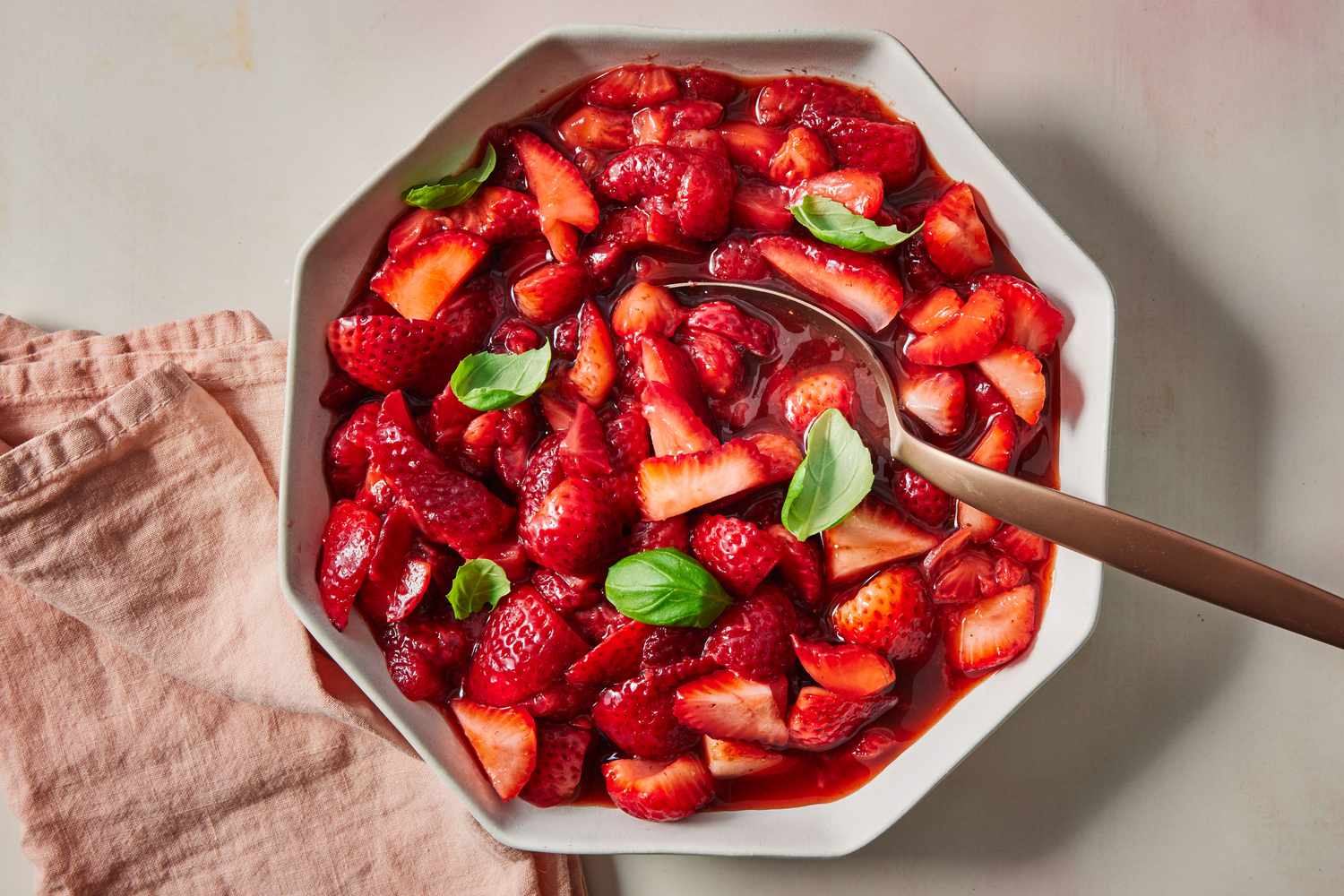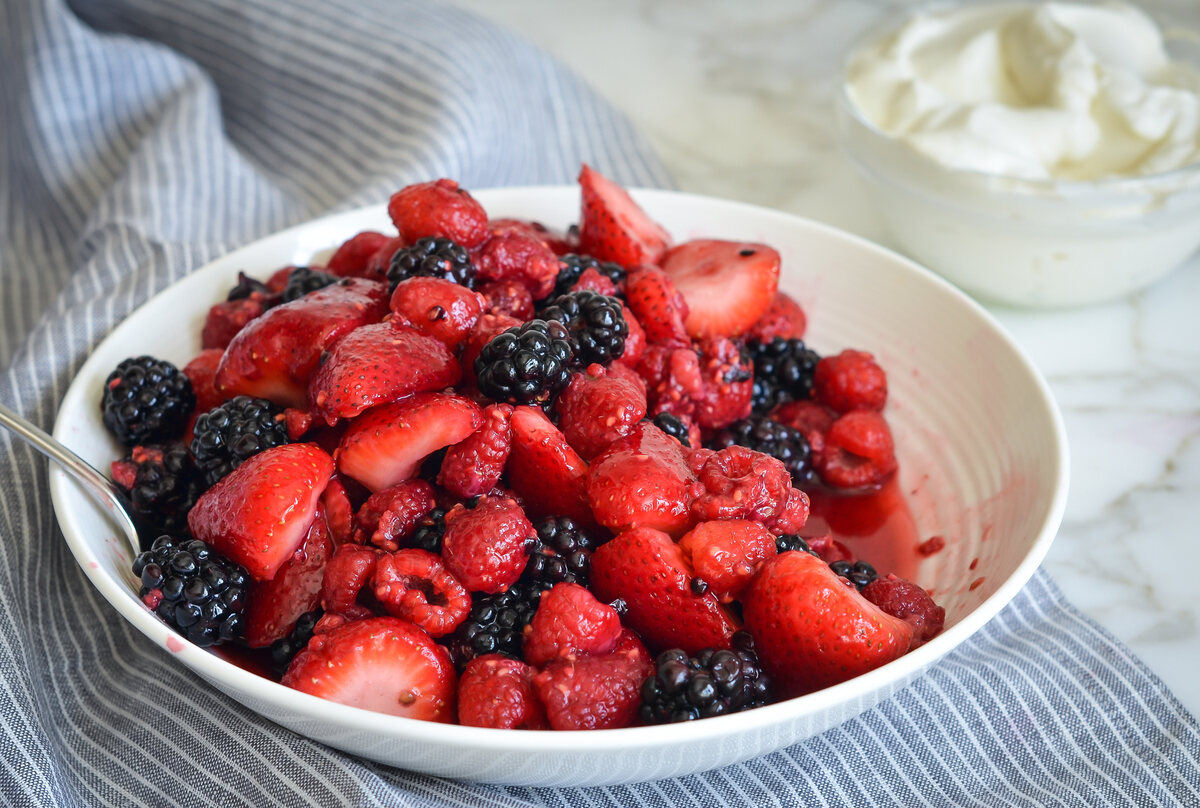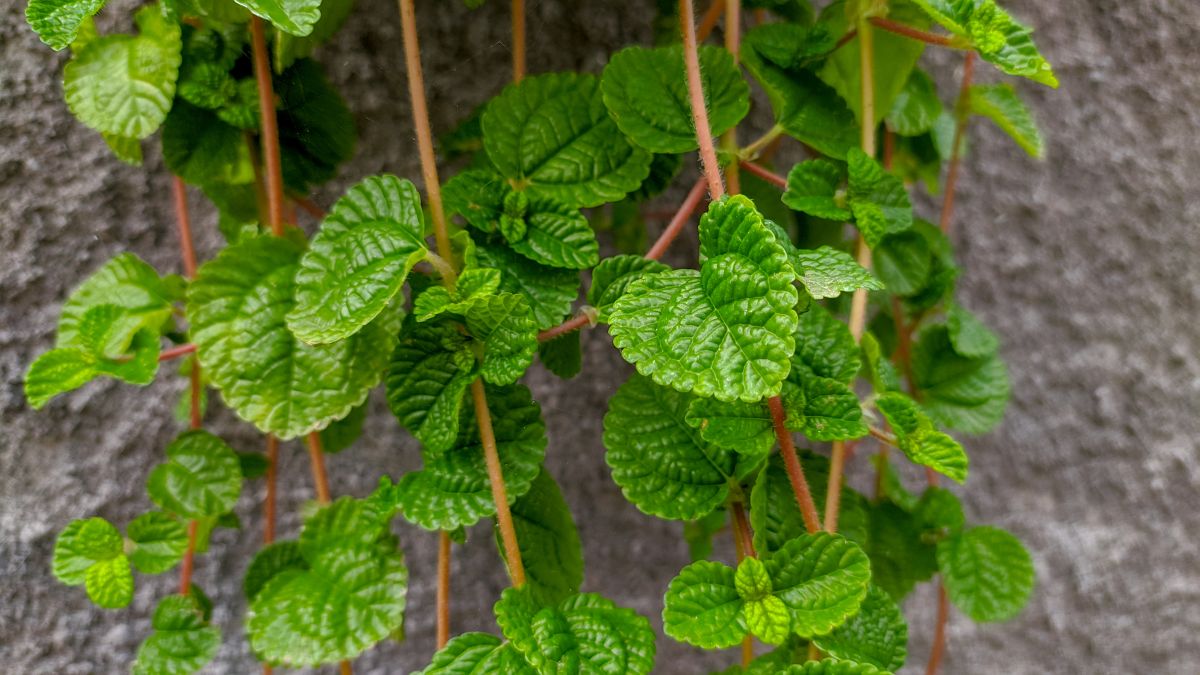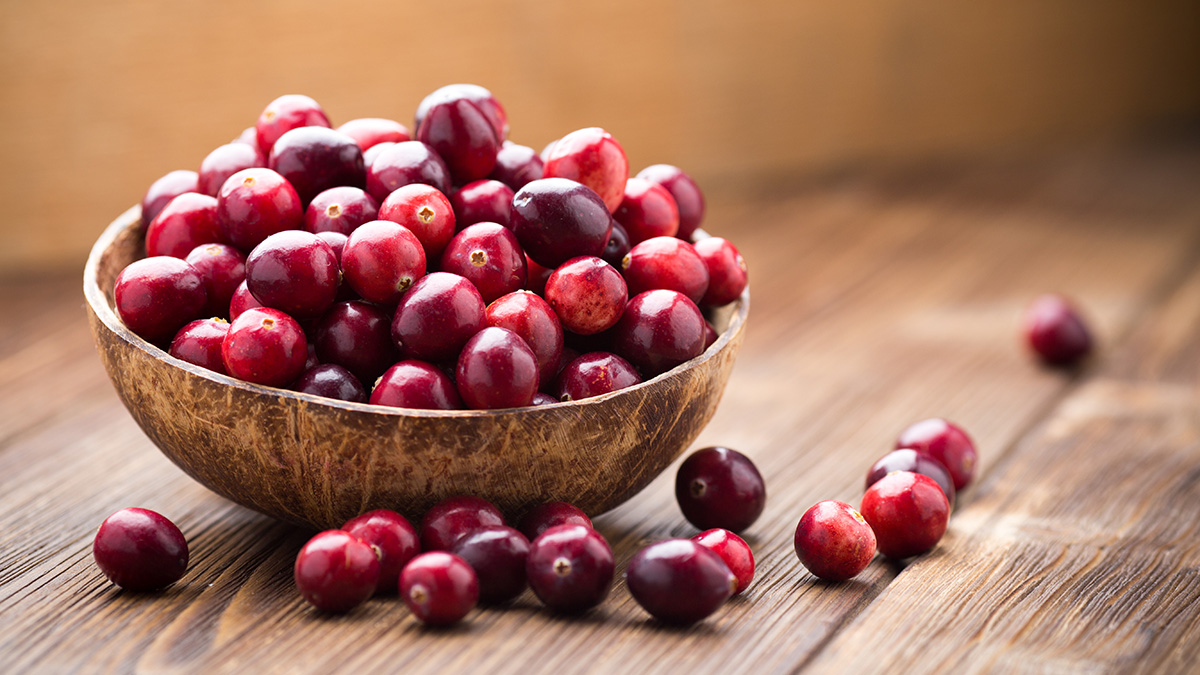What Does It Mean to Macerate Herbs?
So, you’ve heard about macerating herbs and you’re curious to learn more about it. Macerating herbs is a simple yet effective technique that involves soaking herbs in a liquid to extract their flavors and aromas. This process helps to intensify the herbal flavors and can be used to create infused oils, vinegars, and spirits.
Why Macerate Herbs?
There are several reasons why you might want to macerate herbs:
- Enhanced Flavor: Macerating herbs helps to intensify their flavors, making them more potent and aromatic.
- Infused Liquids: You can use macerated herbs to create infused oils, vinegars, and spirits, adding a unique flavor to your culinary creations.
- Prolonged Preservation: Macerating herbs in oil or vinegar can help preserve them for longer periods, allowing you to enjoy the flavors of fresh herbs even when they are out of season.
Steps to Macerate Herbs
Now that you understand the benefits of macerating herbs, let’s walk through the simple steps to do it yourself:
- Choose Your Herbs: Select fresh, high-quality herbs for macerating. Popular choices include basil, rosemary, thyme, and mint.
- Clean and Dry: Wash the herbs thoroughly and pat them dry to remove any excess moisture.
- Prepare the Container: Use a clean glass jar or bottle to macerate the herbs. Make sure it is dry and free from any residual odors.
- Combine Herbs and Liquid: Place the herbs in the container and cover them with the liquid of your choice, such as oil, vinegar, or alcohol.
- Store and Wait: Seal the container and store it in a cool, dark place for a few days to allow the flavors to infuse.
- Strain and Enjoy: After the maceration period, strain the herbs from the liquid and use the infused liquid in your cooking or as a flavorful addition to your dishes.
Popular Uses of Macerated Herbs
Once you have mastered the art of macerating herbs, you can explore a variety of delicious uses for your infused creations:
- Flavored Oils: Use herb-infused oils to drizzle over salads, pasta, or grilled vegetables for an added burst of flavor.
- Herb-Infused Vinegars: Create your own custom vinegar blends by macerating herbs in vinegar, perfect for dressings and marinades.
- Cocktail Creations: Experiment with herb-infused spirits to elevate your cocktail game with unique and aromatic flavors.
- Culinary Delights: Incorporate macerated herbs into your cooking to add depth and complexity to your dishes.
Get Creative with Macerated Herbs
Now that you have the know-how to macerate herbs, it’s time to get creative in the kitchen. Experiment with different herb and liquid combinations to create your own signature infused creations. Whether you’re a seasoned chef or a home cook, macerating herbs opens up a world of culinary possibilities that are sure to impress your taste buds and elevate your dishes to new heights.
So, go ahead, pick up some fresh herbs, and start macerating to unlock a whole new realm of flavors and aromas in your cooking!



